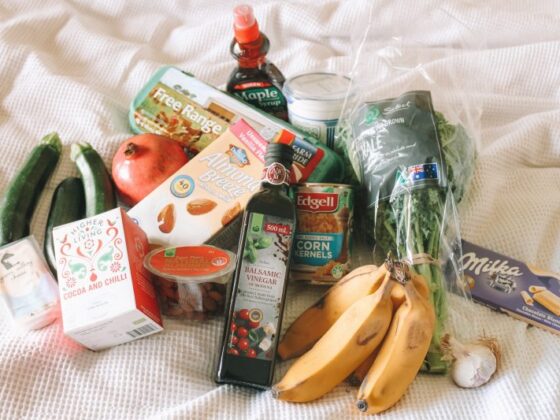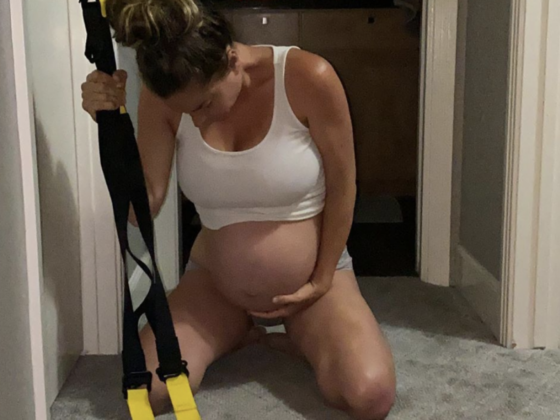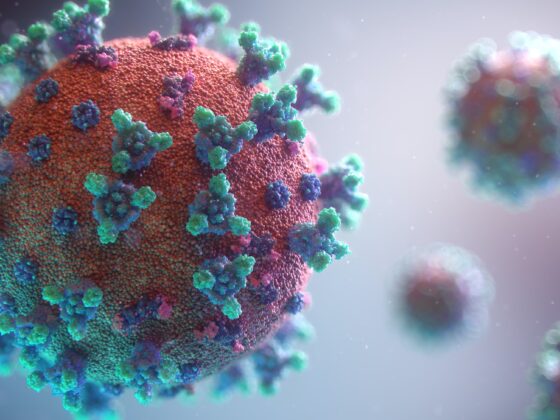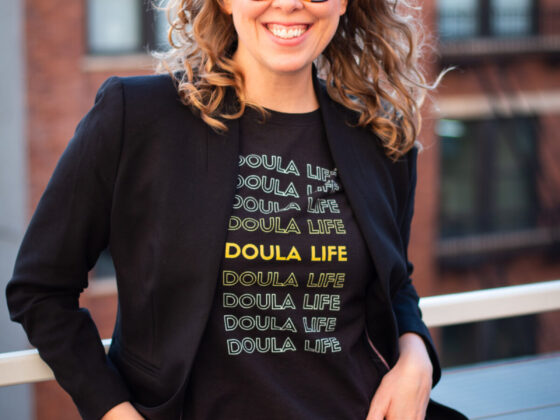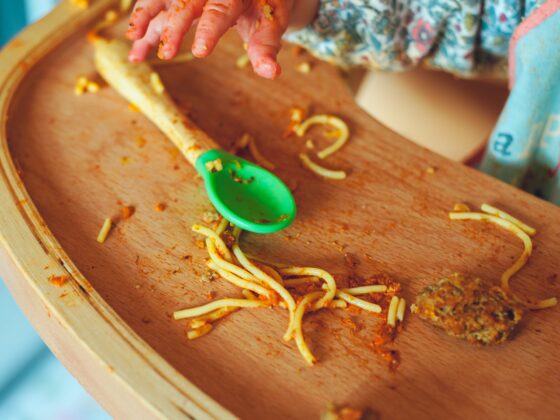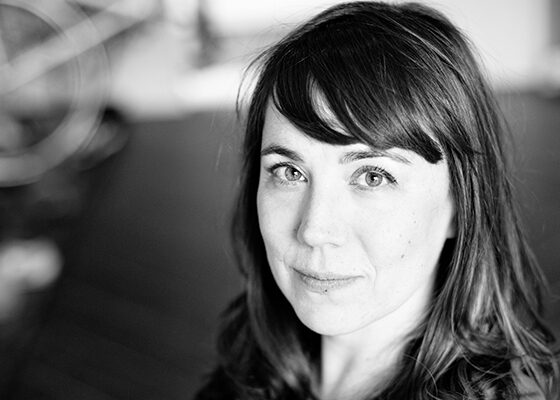No matter how many books you read or classes you take during pregnancy, there are likely going to be surprises when it comes to breastfeeding once your baby is here. Whether you are a first time mom or this is your fifth rodeo (or somewhere in between), breastfeeding experiences vary and there are some challenges that may slap you in your face that you were not expecting.
Social media and Pinterest are loaded with breastfeeding tips, but some of the advice is based off of old wives tales instead of what is reality. Here, we are going to run through ten breastfeeding myths to help set the record straight.
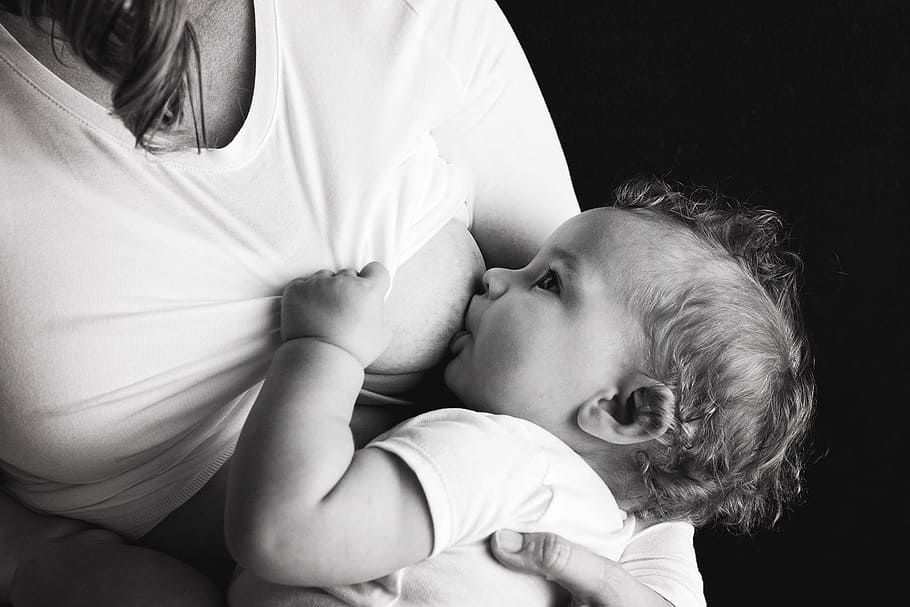
1. You should avoid all spicy foods when you are breastfeeding
The theory that spicy and strong food flavors get transferred through breast milk and makes your baby reject your breastmilk is not true. In the past, women ate very bland food while breastfeeding out of fear of triggering a negative response in their baby. We are now learning that new moms can eat whichever spices they like while nursing. Bring on the cumin!
By the time the spicy food (or gassy food, for that matter) you consume been absorbed and used to make breast milk, the spice has been broken down and shouldn’t bother your baby. On the other hand, certain proteins like milk or soy may cause discomfort on those immature tummies – if you notice a trend, bring it up to your health care provider.
2. You need to toughen up your nipples before breastfeeding to get your breasts in nursing-ready shape.
Babies can suck with a surprising amount of force, and can cause some cracking or uncomfortable outcomes. But, toughening up your nipples by rubbing them with a loofa or otherwise is not recommended.
Your nipples naturally thicken around the time baby is born, an amazing phenomenon that helps protect your own body. Additionally, oxytocin, a hormone that is released during breastfeeding, causes most nipples to become more flexible, therefore allowing them to withstand the work your baby will be doing on them.
Instead of toughening up your nipples, take care of them by using a mild soap and taking advantage of specific topical treatments to prevent cracking if needed.
3. If you are small-chested, you won’t produce enough milk and need to supplement with formula
Your body does amazing things, and is able to produce exactly enough milk for your little one in most cases. Size of your breasts is not an indication of how much milk it can produce. Rather, it is an indication of how much fatty tissue is in the breast.
4. You should quit breastfeeding if you are sick
It is tempting to quit breastfeeding if you are sick, but that is not the best thing to do for your baby. Your cold or virus won’t transfer through your milk to your baby and certain components found in breastmilk may actually protect your little one from getting infected from your illness.
Just make sure you are practicing proper hygiene when you are breastfeeding: wash your hands, cover your cough, and use tissues when you sneeze!
5. You can’t get pregnant when you are breastfeeding
Although chances are lower, it is completely possible to get pregnant while you are breastfeeding. Breastfeeding should not be used as a birth control method, unless you are ok with welcoming baby number two nine months later!
6. If you give your baby a bottle, it will no longer want to breastfeed.
Every baby is different, and the concern for nipple confusion does not always apply. Once exclusive breastfeeding is established, babies can often be given bottles and breast with no issues.
7. You have to pump and dump after you drink any booze
Watching that liquid gold circle down a drain after you pump and dump is painful to see. Instead of pumping and dumping, pay attention to the timing of your cocktailing.
Your alcohol that you drink leaves your breastmilk at the same rate as your bloodstream. Therefore, as long as you wait two hours before nursing again. To make extra-sure that your milk is booze-free, use a breast milk dip test strip to be able to see whether your milk is boozy or not.
8. Breastfeeding moms need to avoid caffeine
Lack of sleep in the first months of motherhood makes many new moms dream of coffee. Many will be glad to know that most breastfeeding mothers can safely drink caffeine in moderation.
According to the Medications and Mother’s Milk, caffeine is in Lactation Risk Category L2 (safer). Caffeine levels usually peak 1-2 hours after ingestion and are often surprisingly lower than what people may assume. While it is not recommended to drink 10 espressos per day, having a cup of coffee while breastfeeding does not appear to be a cause for concern.
Key Takeaway
Breastfeeding may come with some concerns that are quite common. Knowledge is power, and being aware of what is a myth vs. what is truly a cause for concern will help you immensely during your breastfeeding journey.
For breastfeeding tips and postpartum-appropriate exercise guidance, be sure to download the Juna app. It’s like having support at your fingertips during this special time.


